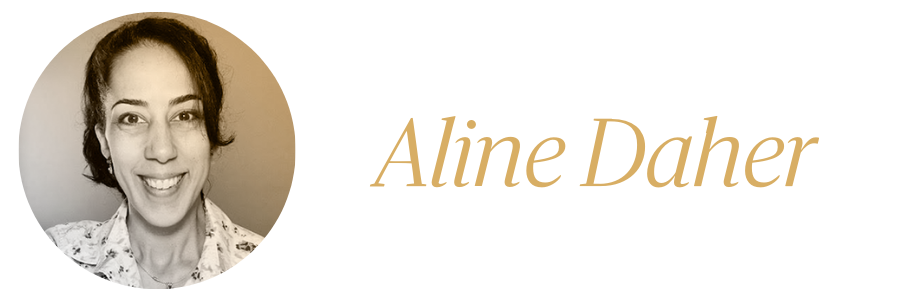Do you feel too overstretched and unmotivated to be productive?
These sensations could be signs of a high level of stress, to a point where you might not be able to control or manage it. And not even the work you love is providing you with satisfaction.
What’s more, it could be the effect of all the extra demands placed on your routine during and after the pandemic. After all, all of us, to some degree, had to adapt to a series of new patterns of behaviour, and adapt to new ways of living in a very short period of time.
During my 15 years’ learning and teaching the DeROSE Method, I have discovered and continue to discover my limits with regards to the volume of projects and tasks that I’m able to carry out well while remaining healthy.
At some points during my career as a journalist and entrepreneur, enthusiastic about new projects, I let myself be carried away by this enthusiasm, and ended up neglecting basic things like sleep, my meditation practice and healthy eating well. That is, I stopped prioritising exactly what it was that gave me the energy, strength and lucidity to continue meeting all my other demands.
Therefore, I have felt for myself this feeling of being overstretched and demotivated, which was unrelated to the projects I was working on, or the people with whom I was surrounded by, rather it was due to a grinding down that was never addressed.
In the DeROSE methodology, when we talk about stress, we start from a basic principle: in order to manage it, and remain with the optimal range, it’s not enough to reduce our activities and tasks, it’s necessary to increase our levels of energy and vitality.
Each of us needs to understand our limits, which will vary according to genetic predisposition, historical habits and behaviours, and our current willingness to learn and change.
Two fundamental tasks are:
- Create space in your agenda to dedicate time to carrying out activities that increase your level of energy and vitality.
- Set aside the hours you choose to dedicate to professional projects and tasks so that you have time left over for your personal projects, including the activities you identified in response to point 1, above.
If you manage to follow these two recommendations, it’s very likely that you’ll have more enthusiasm to deal with the challenges that arise in your day-to-day life, and more lucidity to identify whether you need to make some structural change in your life, or whether what you actually need is to pause and nourish your body, mind or emotions.
Under this perspective, we can identify our optimal point with regards to stress, and learn how to maintain our professional performance in a way that’s sustainable with regards to quality of life and health.


